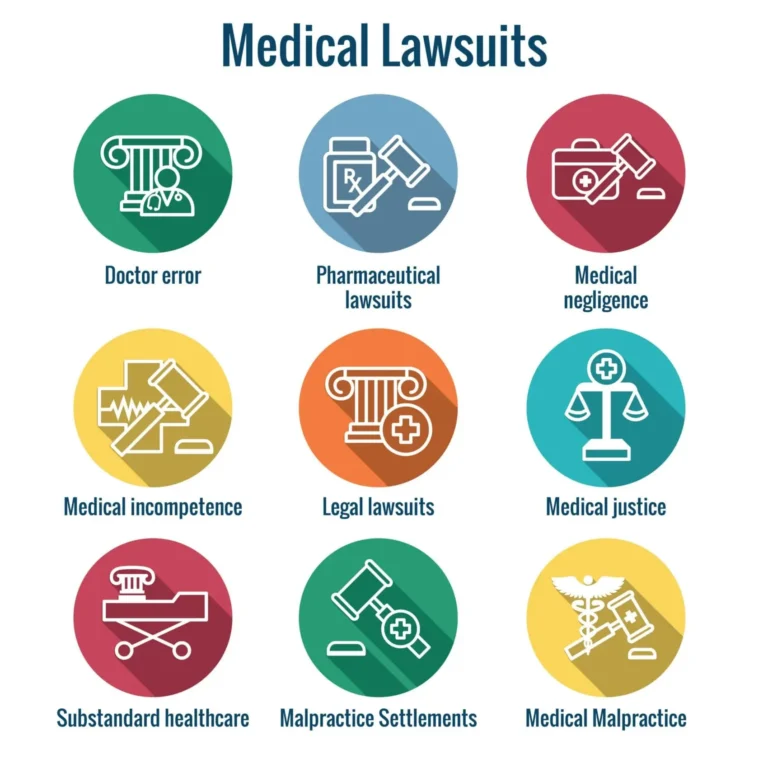Ray Hrdlicka - Presentador - Attorneys.Media
You mentioned earlier, and it’s a phrase the layman probably doesn’t understand, in terms of the medical profession, and that’s standard of care. You mentioned that that’s the line that has to be broached before a medical malpractice situation arises. Can you explain a little bit more about that standard of care and what somebody expects?
And the reason I’m asking this is, you just alluded to it in a previous answer, that people don’t do their research. And so, they don’t even know the questions to ask. They just walk into a medical professional, whether it’s elective surgery or whether it is an emergency surgery, and they don’t ask any questions.
They literally accept, and I’ve had experience with this, they… and I asked those questions, they literally accept everything the doctor says. And without asking questions, without getting to the next level. And so that’s the reason I’m asking you to explain a little bit more about standard of care.
Mark Kaire – Medical Malpractice Attorney – Miami-Dade County, FL
And I think your point is, and that’s the hardest obstacle that we have in medical malpractice cases, even trying a medical malpractice case to a jury. Most people have a view of the medical professional and doctors, and by the way they are, there are many, many, many, most doctors are great doctors and most doctors go above and beyond for their patients.
And that’s something that we have to overcome in medical malpractice cases. Like everything else there’s always those doctors that either don’t go the extra mile for their patients or are not skilled as other physicians are.
So, the standard of care definition and I’ve got it handy I’ll read it to you is… “the standard of care in Florida is the level of care, skill and treatment that a reasonably prudent health care provider should provide to a patient. It is the benchmark used to judge a healthcare provider’s performance.”
And that goes back to what we were talking about earlier is profession or expert defined.
So, again an anesthesiologist is not going to be held to the same standard of care as an emergency room physician and vice versa. So, it is very practice specific.
What would a reasonably prudent orthopedic surgeon do with a patient that comes into his office with a broken leg? What would a reasonably prudent cardiologist do with a patient that is at high risk for a heart attack, right?
So those are specific to that particular practice category and the physician has to act in accordance with what a reasonably prudent physician in his or her specialty would do under like circumstances.

















